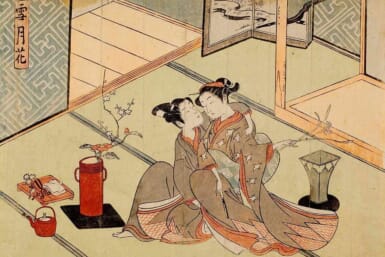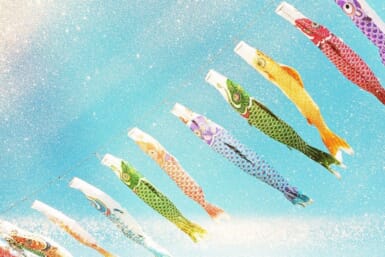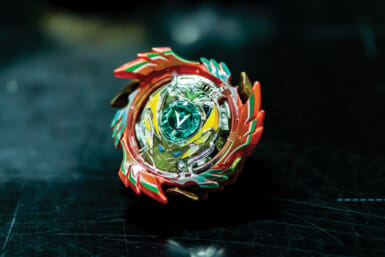It’s official: Japanese cuisine has been officially recognized as a UNESCO Intangible Cultural Heritage.
Yesterday, at a UNESCO Intergovernmental Committee Meeting in Azerbaijan, the organization approved Japan’s application to have washoku, or traditional Japanese cuisine, recognized as a member of the list. According to the text of the official decision, the full listing of “Washoku, traditional dietary cultures of the Japanese, notably for the celebration of New Year” was described as being “associated with an essential spirit of respect for nature that is closely related to the sustainable use of natural resources.”
The decision is about more than just the food, it’s also about the traditions that go along with the ingredients themselves, and the way they are served and eaten. From the itadakimasu to the gochisōsamadeshita, there are many specific ways in which tradition informs eating in Japan. The particular focus on food eaten around New Year’s–shōgatsu—is one of the striking elements of the decision. The traditional foods eaten on New shōgatsu are called osechi, and they can be an acquired taste for Westerners. Each kind of food has a symbolic meaning that is meant to bring different kinds of success for the year to come. Two examples are shrimp for longevity, because of their shape that resembles an old man, and konbu—a type of seaweed—for joy, because of its association with the Japanese word yorokobu (joy).
Among the reasons cited by the committee were the sense of social cohesion that the cuisine fosters (as anyone who has sat down to a home-cooked Japanese meal can tell you) and its focus on healthy eating. The committee also noted the overwhelming support that local communities and organizations around Japan gave as UNESCO did its research towards the decision.
This is the second major recognition of Japan by the organization this year: Mt. Fuji was officially recognized as a World Heritage site in June.
And while the recent news of food mislabeling has been making headlines recently, it doesn’t take away from the achievement.
A video commemorating UNESCO’s decision can be seen below.
–Alec Jordan
Image: Sebra / Shutterstock.com









